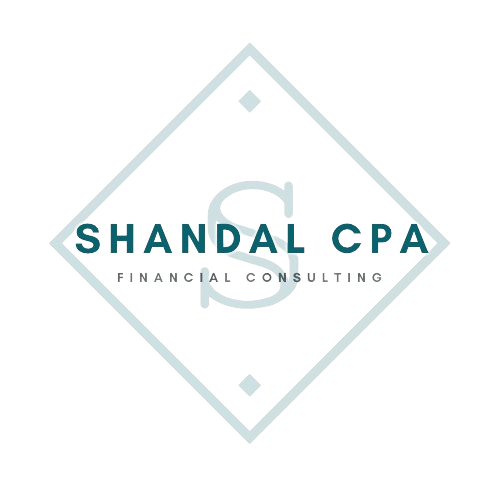Ask an Accountant: Navigating a CRA Audit with Confidence
Once you’ve been selected for a dreaded CRA audit, here’s a summary of how it will unfold, along with some tips and best practice advice.
Facing an audit by the Canada Revenue Agency (CRA) can be an intimidating experience for both individuals and businesses. However, with the right knowledge and preparation, you can navigate this process smoothly and with confidence.
In this article, we’ll explore the ins and outs of a CRA audit, from its commencement to the possible outcomes, and highlight the invaluable role of partnering with a tax expert like Shandal CPA for year-round tax planning and audit support.
How an Audit Starts
How an Audit Works
Once initiated, the audit process involves a thorough review of your financial records and transactions to ensure compliance with tax laws. The CRA auditor will examine the documents you provide against the information reported on your tax returns. This process can vary in duration, depending on the complexity of your situation and the organization of your records.
Where an Audit Happens
Audits can occur in various locations:
At the CRA’s Offices: You might be asked to send in documents for review.
At Your Place of Business: For businesses, auditors may visit your premises to examine records and operations firsthand.
At Your Accountant’s Office: If you have an accountant, the CRA may agree to conduct the audit at their office, where your financial records are maintained.
What the Auditor Will Do
During the audit, the CRA auditor will:
Review Your Documentation: An auditor will examine books, records and information such as:
CRA’s Information:
- Filed tax returns
- Credit history
- Property details
Business Records:
- Ledgers, journals
- Invoices, receipts
- Contracts
- Rental records
- Bank statements
Personal Records:
- Bank statements
- Mortgage documents
- Credit card statements
Others’ Records:
- Spouse or common-law partner
- Family members
- Corporations, partnerships
- Trust (settlor, beneficiary, trustee)
Adjustments:
- Made by bookkeeper/accountant for tax purposes
Ask Questions: The auditor may ask for additional information to clarify or support the entries in your tax returns.
Important tip: Auditors are not allowed to receive records by email because information sent this way may not be secure. Your auditor will let you know how you can send documents online using the CRA’s secure services.
Provide Feedback: Throughout the audit, the auditor will keep you informed about any concerns or discrepancies found.
Possible Outcomes of an Audit
The audit can conclude with several outcomes:
No Changes: If the auditor finds everything in order, your tax return may be accepted as filed.
Reassessment:
If the auditor determines that your tax return needs to be reassessed, which could mean you either owe more tax or are entitled to a refund, you will receive a proposal letter. This letter will explain the reasons behind the reassessment. Upon receiving this letter, you will have 30 days to either agree or disagree with the proposed changes.
Additionally, if it’s found that you owe more tax, the auditor can provide you with an estimate of the amount before the Canada Revenue Agency (CRA) sends out a notice of assessment or reassessment. This gives you the chance to pay all or part of the owed amount immediately, offering you an opportunity to avoid accruing interest charges, rather than waiting to receive a formal notice.
Disagreement with Findings: If you disagree with the audit findings, you have the right to object and present additional information. For more information visit the CRA site here.
The Importance of Partnering with an Accountant
The complexity of tax laws and the stress of an audit can be overwhelming. Partnering with an experienced accountant offers numerous benefits:
- Expertise: Accountants possess deep knowledge of tax laws and can provide guidance tailored to your situation.
- Representation: Your accountant can represent you during the audit, ensuring your rights are protected and facilitating a smoother process.
- Preparation and Planning: Beyond audit support, an accountant can help with strategic tax planning to optimize your financial decisions and minimize tax liabilities.
Why Choose Shandal CPA?
At Shandal CPA, we understand the intricacies of the Canadian tax system and specialize in supporting small to medium-sized businesses and individuals. Our dedicated team is committed to providing you with the expertise and support needed to navigate audits confidently and ensure your tax planning aligns with your financial goals.
Facing a CRA audit doesn’t have to be a daunting task. With Shandal CPA by your side, you can approach the process with assurance, knowing that you have expert guidance every step of the way.





